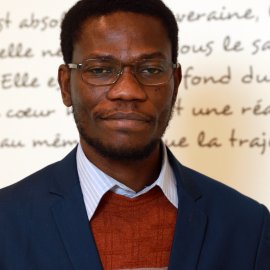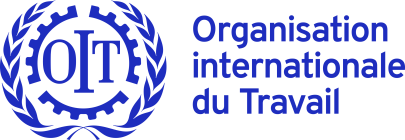Repairing, Recycling and Manufacturing. Materialities and Informalities at the Borderlands of West Africa.

Octobre 2022 à juin 2023
Dr Elieth Eyebiyi is a researcher at DHI CREPOS Senegal and LASDEL Benin/Niger. He holds a first PhD in Sociology Anthropology (Benin, 2012) and a second PhD in Urban Studies (Canada, 2017) and teaches various courses including Migration and Development.
He held scholarships in institutions such as IAS Princeton (USA), Stellenbosch University (South Africa) and Ecole des Hautes Etudes en Sciences Sociales (France) and The University of Edinburgh (UK).
He has authored outstanding publications, including 5 books, and peer-reviewed articles in French, English and German and delivered communications within four continents. He has received several distinctions including the Prix du Rayonnement international (Canada) and the Edinburgh Catalyst Fellowship from The University of Edinburgh (UK). His current work examines the bureaucratization of informality in West African borderlands.
Repairing, Recycling and Manufacturing. Materialities and Informalities at the Borderlands of West Africa.
The informal sector is continually growing in both the Global South and the Global North. The important labor force that it mobilizes cannot therefore be excluded from the functioning of economies, even though it often gives rise to various apprehensions and analyses.
These analyses generally pay little attention to the materialities that it implements and to the innovations that it may bring about, as they focus more on the economic impact. They also exclude the social and professional relations whose mobilizations allow actors to navigate with and between formal rules by developing various forms of adaptation. Based on longterm ethnographic surveys in the border areas of Benin and Nigeria (West Africa) around the informal fuel trade, this work intends to go beyond existing dichotomous analyses to suggest new paths around the concept of ‘’ Informality’’.
This research project aims to grasp the ways in which objects, material processes and trades influence actors and redraw the worlds of Informality as well as the imaginaries that they produce or convey.
